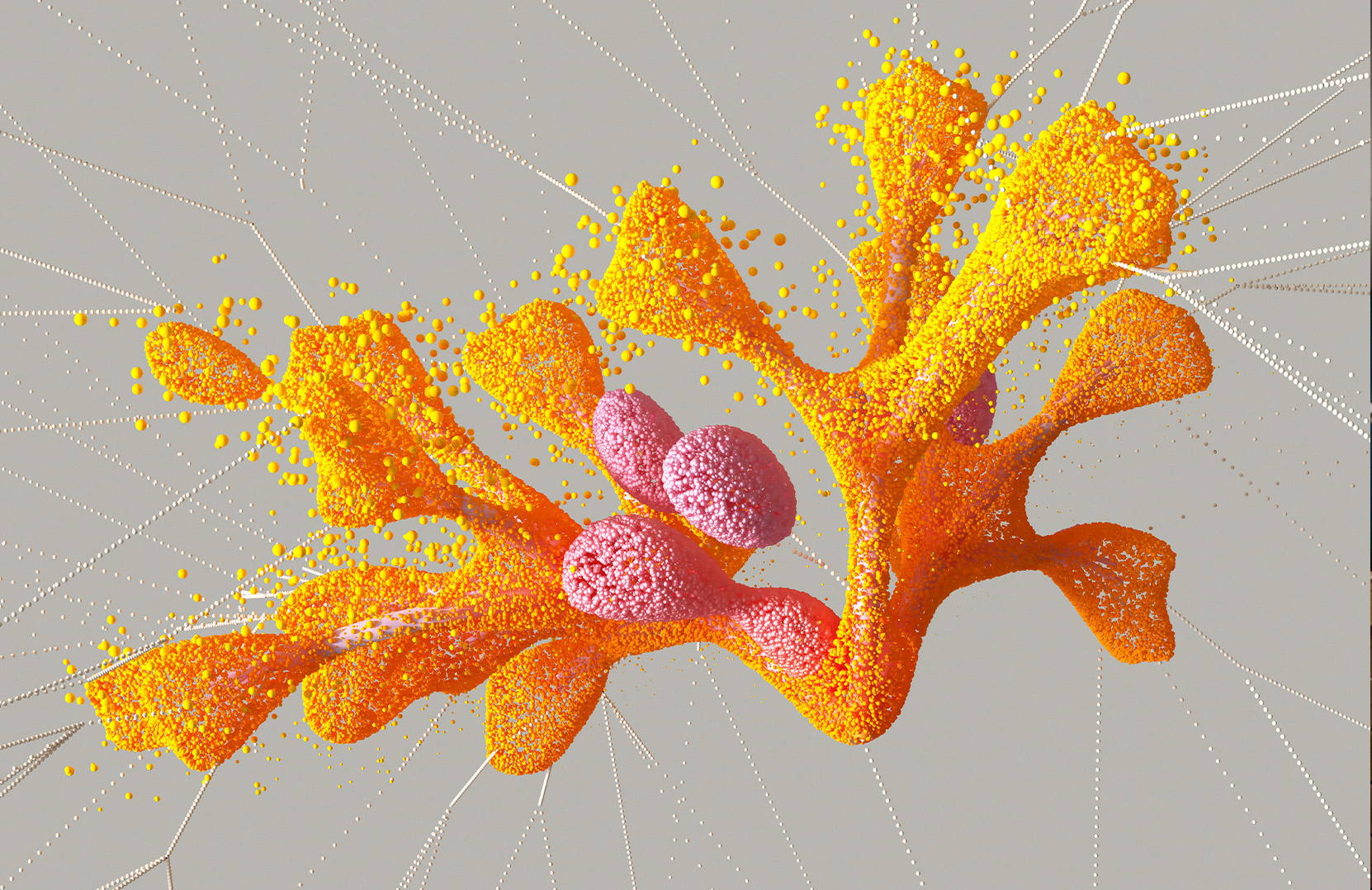We are all fascinated and terrified by the implications of artificial intelligence. The concept of artificial intelligence has been in our collective consciousness for many decades now and people are aware of the potential dangers. A large amount of public concern has been raised about the ethics of artificial intelligence and how it affects the average person. Some of these concerns are valid, like how it will affect the job market, while other concerns border on the ridiculous. Few have come forward to discuss how this emerging generation of AI might improve work conditions and open doors for Canadians.
Did you know that Canada is a leading nation in AI research? According to CIFAR, a Canadian research organization (like Stanford) Canada ranks fourth around the globe in terms of new activity in this field. There are dozens of notable start-ups making use of this technology to open new doors for Canadian workers and expand business potential for Canadian firms. I chatted with Andrea Dion, communications manager for AltaML, a studio that develops AI and machine learning software, and asked a few questions to provide a different perspective. Andrea is a graduate of journalism from MRU and formerly an anchor and journalist with CTV Edmonton who is now working at AltaML to not only represent the company, but also educate others about AI.
What are some of the positive developments in AI?
“Implementing ethical and responsible AI is at the core of what we do, and that means ensuring that our machine learning models are free from bias and unfairness while being held accountable,” says Dion.
According to Dion, AI developers want to give their clients access to something that may not be so easily accessible elsewhere, a system that runs on predetermined parameters and is free from normal human intellectual bias. The implications of this are not immediately obvious and there are plenty of potential situations where one might want an unbiased source for making rational inputs in our lives. From a doctor’s office to a courtroom,this could be a huge net gain in terms of ethics in society, helping to ensure that people get logical and fair treatment. Additionally, AI “can allow room for employees to dedicate their time to higher value work and not have to focus on more menial tasks that take time, cause delays, and cost money,” says Dion. This could make work easier, more efficient, and potentially more interesting, and who wouldn’t want that?
Why is AI such an engine for growth?
The growing focus on AI can be explained by two main points:
AI transfers a lot of power to end users (i.e. the public). This means that any company, organization, or enterprise can make use of the technology. There are several ways that research projects can benefit greatly from technology, such as the “Phind” search engine, or stable diffusion-like programs like LLaMa that allow someone with little artistic and programming talent to create their own art direction. This can be used to make images that can then serve as a source for other projects without violating copyright.
The second point is that more tasks can be automated for more people. If everyone has access to the kinds of tools that can automate intellectual tasks and chores, it is as if we all had a handful of employees at our disposal. This would have the effect of multiplying productivity many times over.
What kind of use cases/industries do you explore?
● Energy + Oil and Gas
● Agriculture + Forestry
● Computer Vision + Natural Language Processing
● Insurance
● Finance
● Healthcare
● Public sector
These are sectors that are very important to the Canadian economy. Hopefully, AI can boost efficiency and open doors for entirely new services.
What are some of the misconceptions people have about AI?
AI will not take away jobs from normal people as most tasks will still require the ability to make decisions. What machine learning is best at is continuous learning. AI frees people from having to perform tedious and repetitive intellectual labour, giving them the opportunity to focus on other things like teaching, providing care etc.
What would you say to young people entering the workforce who have concerns about how this might affect their place in society?
Jobs are becoming more competitive and improved skill sets are often required. This might be daunting for youth entering the workforce as it demands more of them than previous generations. However, Dion believes that the world is always in flux and that every generation has its own unique circumstances and experiences that it can bring to bear. It will become important for youth to identify their core strengths and lean into them. This expresses how a shift in society will affect how people see themselves. Gone will be the days when people are evaluated based on their rigid adherence to protocols and regulations. Machines can do that better than anyone. Young people will have to find their own innate human gifts and work on those, as those are the things that a machine cannot duplicate.





0 Comments